Nicaragua
Few places are as simple and soulful as Nicaragua. I recently had the privilege to spend Christmas and New Year in Managua, Granada, and Ometepe. Nicaragua, and its northern neighbors, may mostly evoke poverty and chaos for many Americans of the United States. The multifaceted subject of social development in Central America–one intertwined with military dictatorships and U.S imperialism–has received more critical attention than the concept of “poverty.”
The blanket term poverty, as we know it, was invented by academic institutions not long ago in the West as an area of research. It is often used to characterize an entire cultural territory, be it Central America or South Asia. Anyone spending time in Nicaragua–or other lands reduced to such categories as “poor” or its other political variants– will soon realize the weight of this dominant discourse, primarily how the social diversity of such countries is overshadowed by our Eurocentric rubric of economic progress. In other words, poverty, defined as lack of material means, is overextended to all aspects of cultural life in places like Nicaragua.
What does it mean to be “poor?” To challenge the category of “poverty” from a Latin American perspective, I turn to Gustavo Gutiérrez, world renowned theologian and Dominican priest from Peru, who is regarded as one of the founders of Liberation Theology. I began to meditate on these questions while reading Beber de su propio pozo: El itinerario espiritual de un pueblo, translated by Mathew J. O’Connell as We Drink from Our Own Wells: the Spiritual Journey of a People (Orbis Books, 2004). I attempt to put in conversation some of Gutiérrez’s key thoughts in conversation with Nicaraguan landscape, the way I captured it. My sincere hope is that it allows us to see the richness and complexity of this land beyond such politicized categories as “poor” or “politically unstable.”
All quotes selected from Beber de su propio pozo.

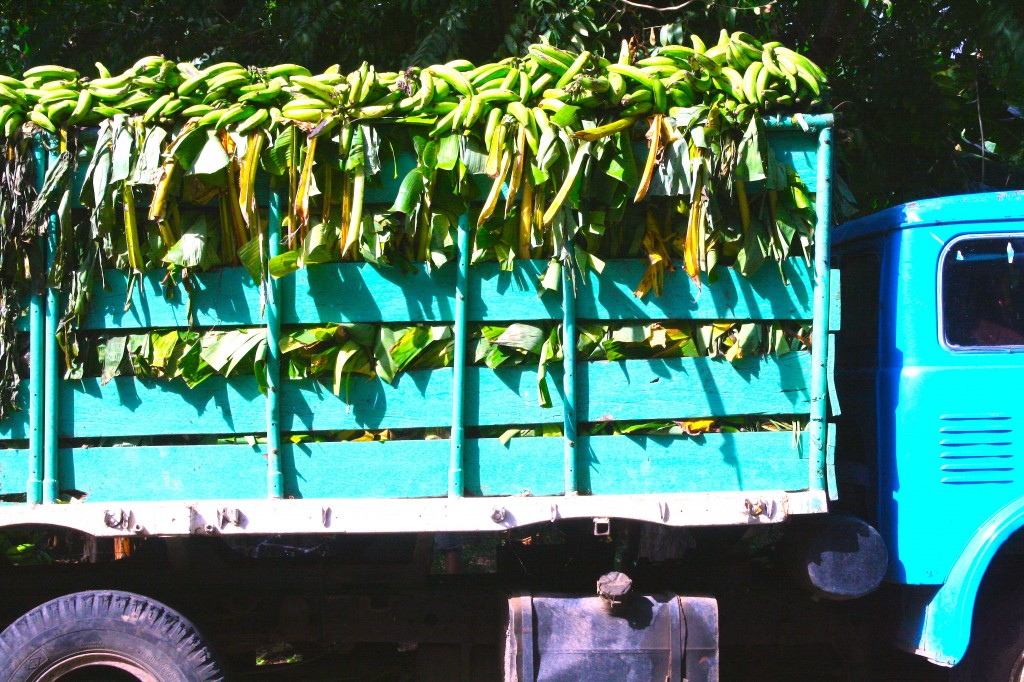
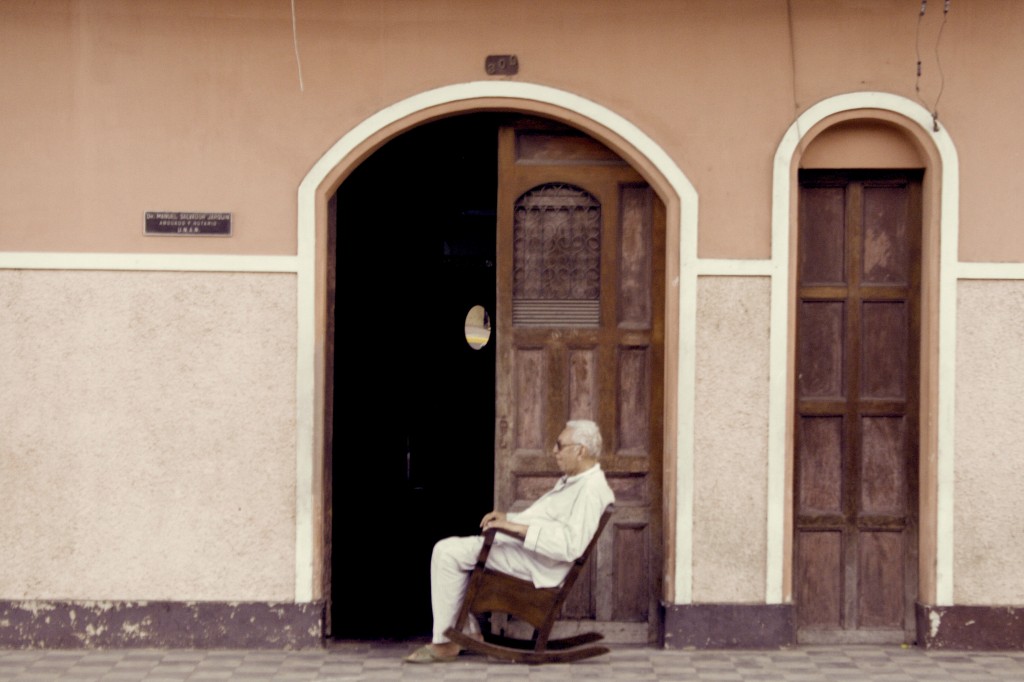
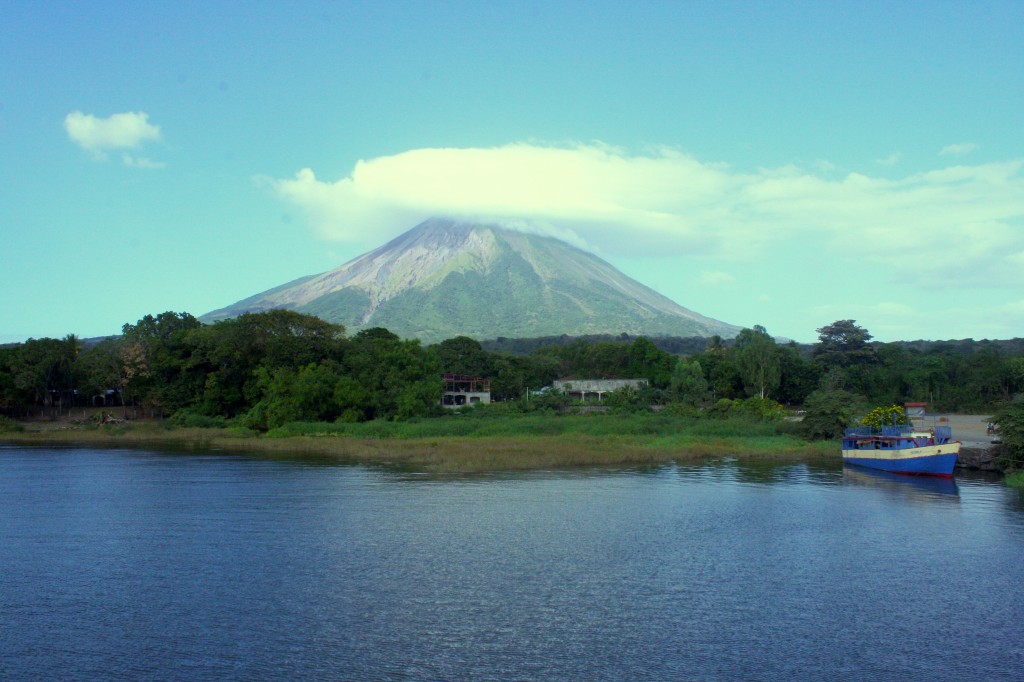
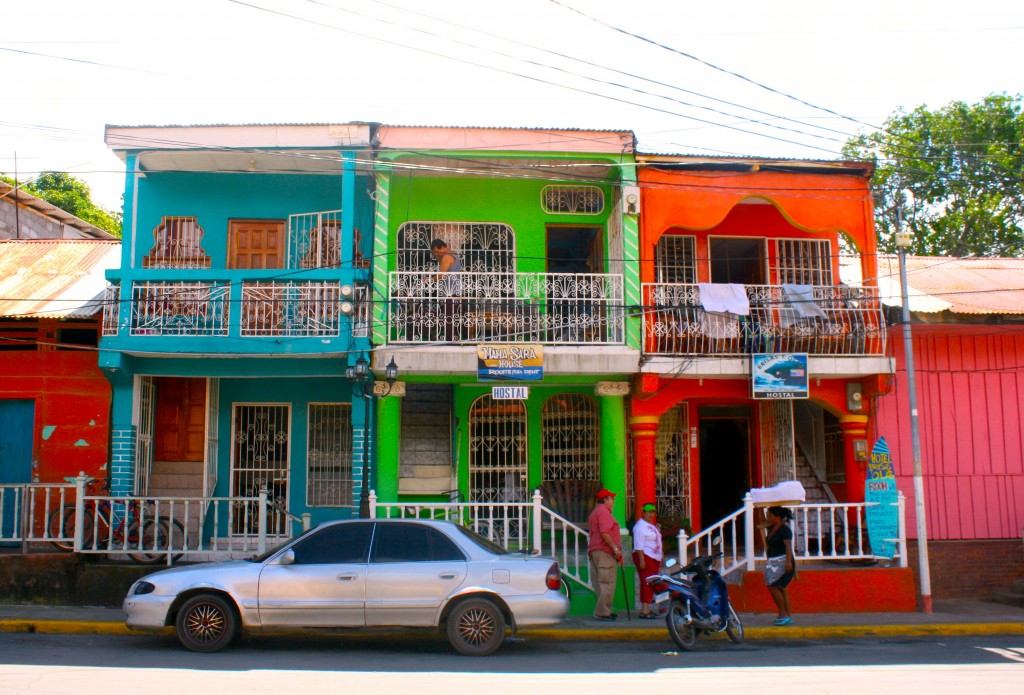
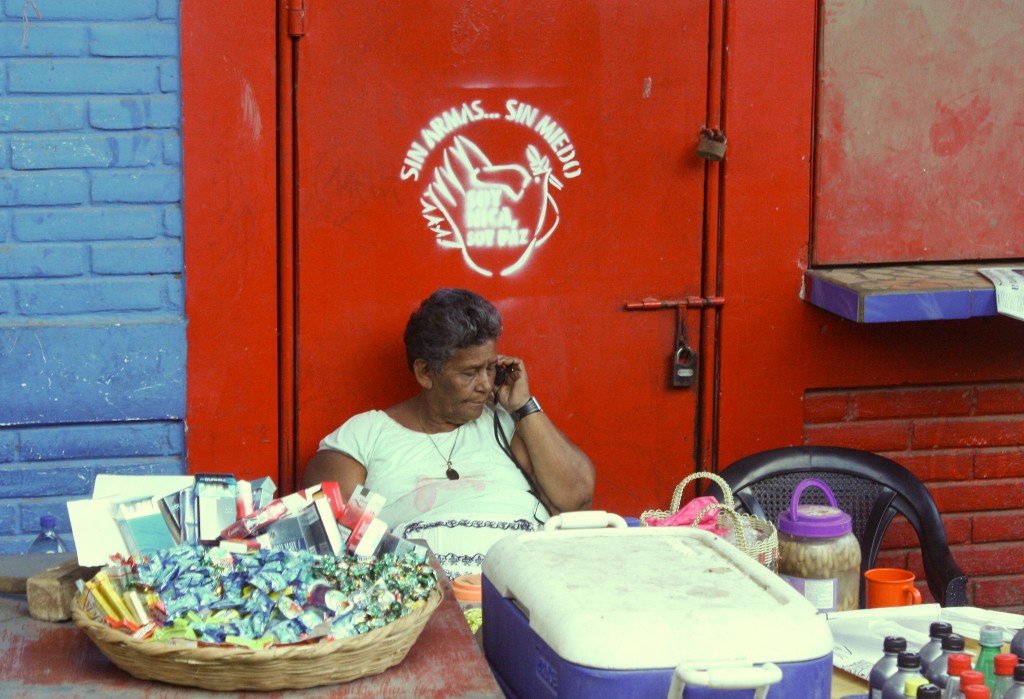
Leave a reply